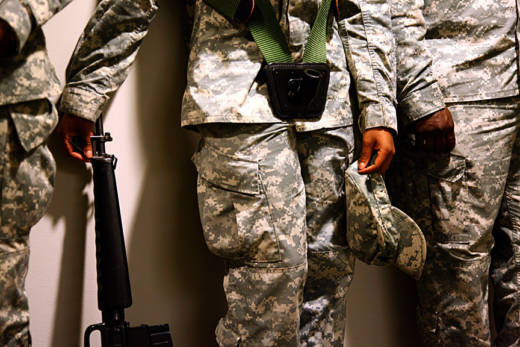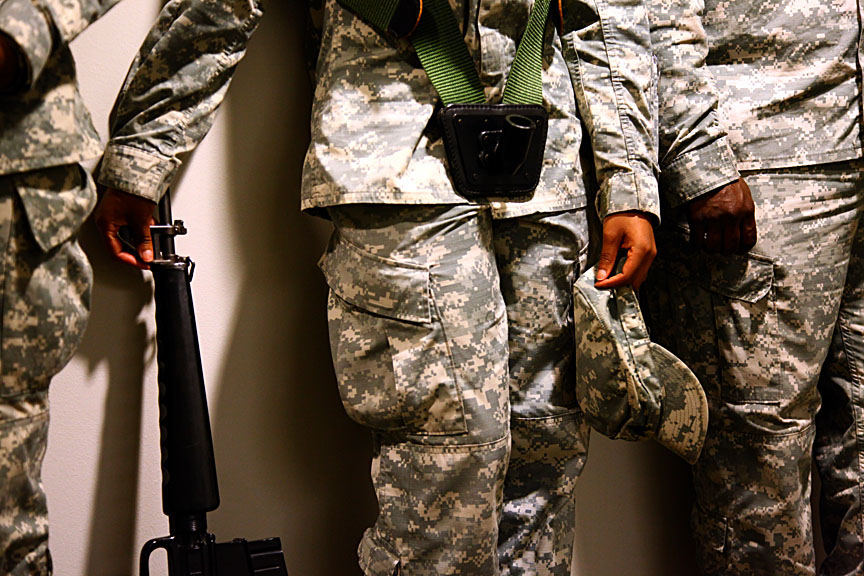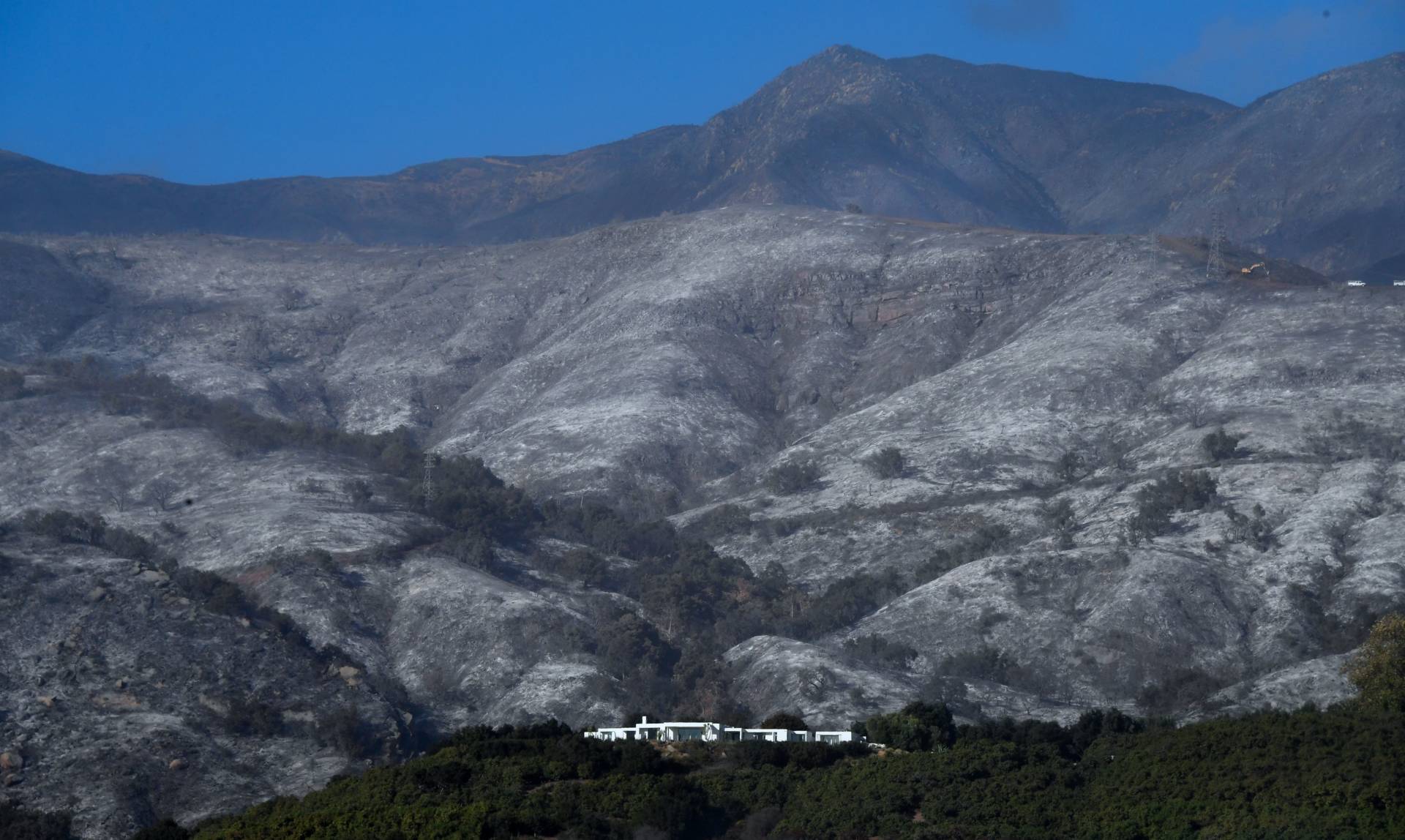KQED and The Center for Investigative Reporting partner on specials to air July 25 and 26 on radio and television.
As home to more than 1.8 million military veterans*, the state of California has the largest population of veterans in the country. Throughout the Golden State, veterans strive to rebuild their lives, secure employment and gain access to education, often while battling a wide range of emotional and physical challenges related to their time in service. KQED and The Center for Investigative Reporting (CIR) launch Life After War: California Veterans, a multiplatform partnership that takes an in-depth look at the challenges faced by members of the armed forces when they return home and the different organizations providing services that can save lives. For all features and other resources, please visit kqed.org/lifeafterwar.
Life After War: California Veterans will include television and radio content, providing an in-depth investigation of this complex issue:
TELEVISION:
Friday, July 26, 2013, at 7:30pm on KQED 9
Life After War: California Veterans
Television special Life After War: California Veterans goes from Los Angeles’ Skid Row, where women vets struggle with homelessness in the transition to civilian life (directed and produced by award–winning documentary filmmaker Mimi Chakarova), to San Francisco, where veterans suffering from military sexual trauma can seek treatment at the VA Medical Center (The California Report’s Scott Shafer interviews Dr. Caitlin Hasser). Also, an innovative program at City College of San Francisco helps veterans succeed when they go back to school (Aaron Glantz and Monica Lam report). The television special is produced by KQED's Monica Lam. Watch a video excerpt.
RADIO:
Thursday, July 25, 2013, at 5:50am, 6:50am and 8:50am
Life After War: California Veterans Part 1
Many veterans originally signed up for the military with the hope of getting money for higher education. But often, combat injuries like post-traumatic stress disorder (PTSD) and brain trauma make it hard for soldiers to transition from the battlefield to the classroom. CIR’s Aaron Glantz reports on the Department of Veterans Affairs clinic at City College of San Francisco that provides services to veterans where they are needed most — on campus. This two-part series will air as part of The California Report on KQED Public Radio (88.5 FM San Francisco and 89.3 FM Sacramento) and on public radio stations throughout the state.


